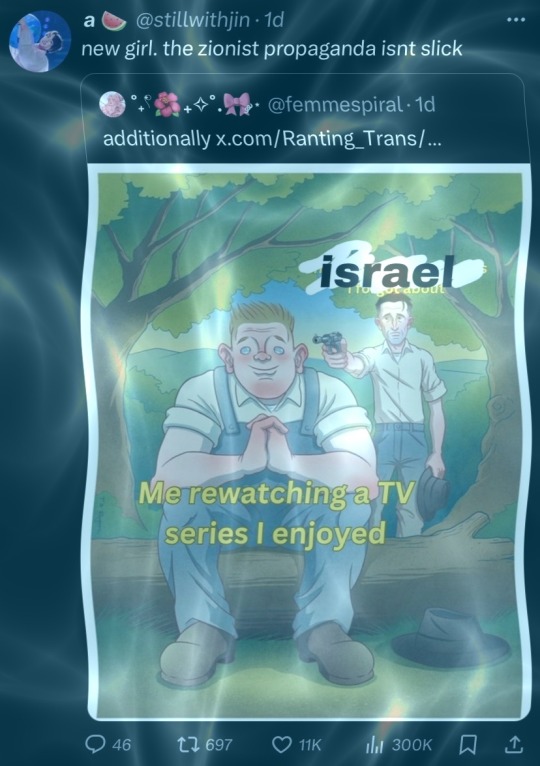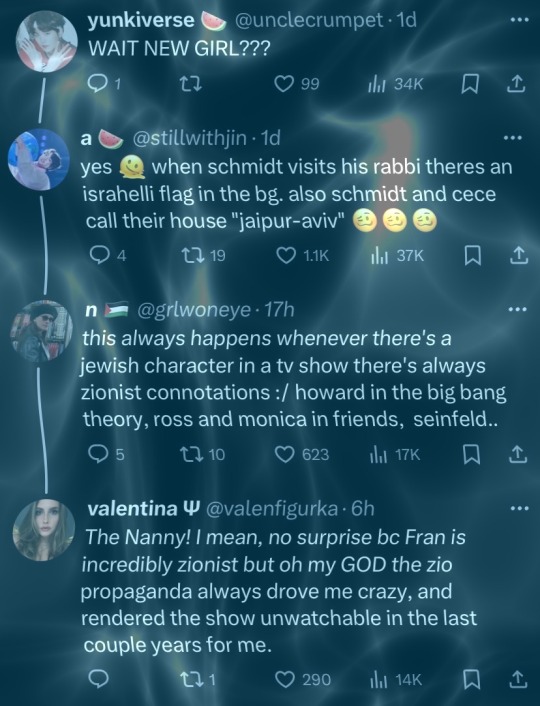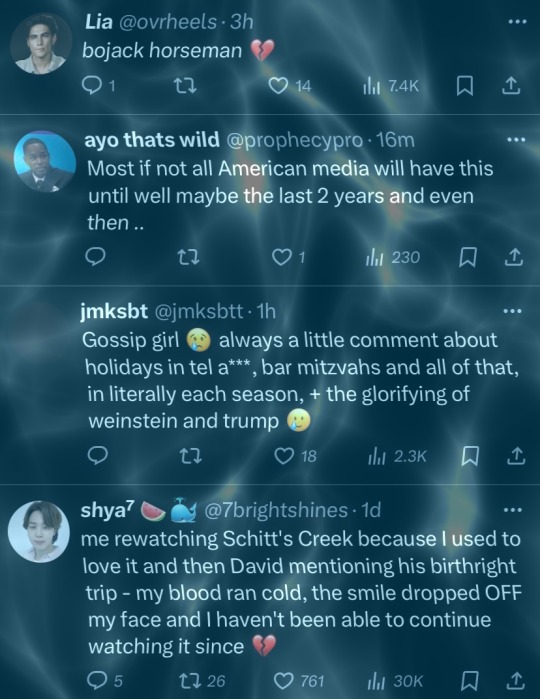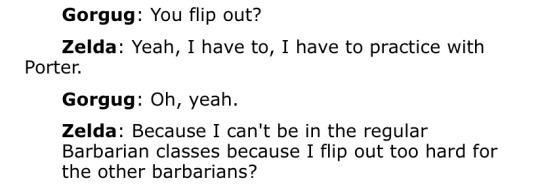#I’m way behind
Explore tagged Tumblr posts
Text
great news!!! just discovered reddit nsfw audios. i’m going to be normal about this
BARKBARKBARKBARKBARKBARK ‼️‼️‼️
#i’m way behind#wagging my tail panting trying to hump ur leg#only this one creator so fair but omfg
5 notes
·
View notes
Text
Siphon the gold from your blood
Alex Isak / Joe Willock
One sided yearning. One sided yearning on both sides.
It's not football that makes Alex special. It’s not just football. Joe could count the ways, he’d use the fingers of both hands before he even got to them. First would be Alex’s intent focus; the way he can make it so they are a circle of two even in a crowd.
Like he can sweep the noise and chaos away, leaving them cocooned in a warm haven of their own making.
1 note
·
View note
Text
I really need to catch up on Protocol actually.
#I’m way behind#like#on the episode before the hiatus behind#I just really REALLY don’t want to experience Bonzo#I will wither and die if I have to istg
0 notes
Text
Chemistry study break








X|X|X
X|X
X|X|X
1 note
·
View note
Text
…
0 notes
Text

according to the replies on this tweet literally every tv show has Zionist Propaganda™️ so i guess the hamasniks are just going to have to twiddle their thumbs for entertainment
edit: some of the nonsense from the replies



do not call yourself progressive or inclusive or revolutionary or anticolonial or whatever other fucking “I’m A Good Person” label de jour you’ve chosen if you say shit like this. you cannot talk like a Nazi and then insist you’re just an antizionist.
#the antisemitism is sooooooooo mask off w this one#any mention of Israel is as good as literal actual government sponsored proaganda to them#apparently new girl is zionist propaganda bc there’s a scene in a synagogue w an israeli flag in the background#no i’m not joking that was the justification#also someone said schmidt has ‘zionist republican vibes’ oh my G-D JUST SAY JEW#I KNOW YOU WANT TO CALL HIM A KIKE JUST SAY IT#at least have the balls to be racist all the way instead of hiding behind moral superiority#other offending shows and movies included:#ncis#the nanny#law & order: special victims unit#gilmore girls#world war z#gossip girl#crazy ex girlfriend#ugly betty#the marvelous mrs. maisel#blue bloods#heathers#the good wife#how i met your mother#bojack horseman#antisemitism#judeophobia#leftist antisemitism
447 notes
·
View notes
Text

I don’t think this is going to be important this season but I would really like it to be.
#like this was mentioned way before Brennan made porter into a big bad#so I doubt there was anything behind it#but like cool ass idea that maybe Porter wanted to make Zelda the champion before Fig#it wouldn’t work out for him for a lot of reasons#like her religious devotion and early graduation would make it pretty much impossible#I haven’t heard anyone acknowledge it though I just want people to talk about Zelda again I miss her#(I’m getting desperate for a Zelda appearance)#fantasy high#d20 fantasy high#d20#dimension 20#fh#fhjy#fhjy spoilers#zelda donovan#ankarna#d20 the seven#d20 spoilers#fantasy high junior year#dimension 20 fhjy#zelda fantasy high#d20 fhjy#porter cliffbreaker
1K notes
·
View notes
Text

“If there is anyone here, who were to finish the job—put me down….i remember thinking: I hope it’s Seedling. I hope it’s Orym.”
#LIKE#YALL PLS IM SOBBING#CATCH UP ON CRIT ROLE I thought ITLL BE FINE#just!!!!#the trust Laudna has that Orym would be kind to her in death#that he could do “what needs to be done#and that’s what Keyleth said to Orym too wrt to killing the Bells Hells if they turned against the rest#I just#pls let this man rest#and Laudna! ugh the quiet way she suffers and holds her pain close#sacrifices herself to power to be able to protect Imogen#anyways#I will not recover#my art#artist of tumblr#tumblr artist#fanart#colored pencils#sketchbook#critical role fanart#cr fanart#critical role#bells hells#orym of the air ashari#cr orym#cr laudna#laudna#c3 ep 102#is it a spoiler if I’m behind?#gonna say no
580 notes
·
View notes
Text
time travel au where a post-pidw shen qingqiu somehow travels back in time (either through death, the magic that still remains in yqy’s sword, etc.) to when he was the head disciple of qing jing peak.
of course, being able to travel back in time doesn’t come without a heavy price and in this case, shen qingqiu ends up having to give up the ability to feel emotions as an equivalent exchange to being brought back to the past.
shen qingqiu of course thinks this is the greatest gift that he’s ever been given and quickly moves on with his life. everyone else (read: yue qingyuan, liu qingge, etc.) on the other hand, is appropriately freaked out by this new version of shen qingqiu who just doesn’t seem to care anymore about anything or anyone.
#the scum villain's self saving system#scum villian self saving system#scum villain#scumbag self saving system#scumbag villain#scumbag system#svsss#ren zha fanpai zijiu xitong#rzfzx#shen jiu#shen qingqiu#sqq#og shen qingqiu#og sqq#original shen qingqiu#original sqq#proud immortal demon way#pidw#time travel au#mxtx svsss#mxtx rzfzx#this was inspired by a manhwa that i’m currently reading#it’s called ‘helena: master of the guardian stone’ where the mc gives up feeling emotions towards people except for one person#in this au sqq is winning the idgaf war while everyone else is losing badly#you would think they’d be happy that sqq doesn’t care but noooo it’s the fact that sqq doesn’t care is what gets to them the most#surprisingly they want their misanthropic coworker over the empty shell of a man that was left behind#sj is happy that he’s no longer burdened by his feelings#everyone else would rather he get his feelings back because they’re terrified of this new version of him#cang qiong mountain sect#cang qiong mountain sect peak lords
569 notes
·
View notes
Text
Remember when Toei reanimated Luffy and Zoro’s meeting for a flashback right before the peak of Zoro vs King, and in it they made the stylistic choice to gradually make the world brighter and brighter as Zoro makes his vow, in one long and beautiful shot framed to show the way Luffy’s perfectly reflected in Zoro’s eyes, to show that it’s him changing Zoro’s entire world and becoming the center of it. Remember that.
#after fumbling with the middle seasons of one piece they really said fuck you wano’s going to be our magnus opus#and we’ll take the chance to remind you of the first bond you fell in love in the most beautiful way possible#also zoro is GAY GAY HOMOSEXUAL and dont you fucking forget that#one piece#zolu#roronoa zoro#monkey d. luffy#with this and all the added moments in OPLA the only one thats falling behind on good Zolu to chew on is the manga#Oda I’m waiting#my post
1K notes
·
View notes
Text

haven’t done a fun messy painting in a minute so here’s a funny little experiment
#danganronpa#sdr2#hajime hinata#fanart#there is a meaning behind this but i’m leaving it up to interpretation#if only because the poem i wrote to go with it didn’t fit the way i wanted in the composition LOL#i’ll draw something else at some point to try and fit that in..
187 notes
·
View notes
Text

Day 26! It’s Ratiover
#I’m way behind I’ll play catch up I’m just. So sleepy all the time#honkai star rail#honkai star rail fanart#dr ratio#veritas ratio
178 notes
·
View notes
Text

I cherish these little interactions 🥹
#I’m once again way behind with Horizons but that won’t stop me muahaha#I still gotta finish watching this Friede episode here but oh boy I’ve rarely picked up my pen faster than when I saw this scene#screenshot redraw#pokemon#pokemon horizons#pokeani#anipoke#professor friede#Orla#pokemon orla#orla pokemon#pokemon orio#cocosnowlo
293 notes
·
View notes
Text
I AM THALIA GRACE’s #1 DEFENDER ALWAYS!!! it makes me so sad when people misunderstand her choosing to be a hunter and putting the prophecy on percy.
like it was ALWAYS gonna be percy, he was always going to be the prophecy child. a main theme of pjo is that you can’t escape fate, that’s why chiron asked percy why it was important for them to know the story about kronos trying to dodge his own fate. you can’t escape it no matter what and thalia knew that better than anyone (since she literally was a damn tree, she knew her fate wasn’t that of the prophecy child)
plus, thalia’s character development is so underrated. when we first meet her, she’s very headstrong and assertive. she likes to be in charge and doesn’t have any interest cooperation, just like her father.
but as ttc goes on, she learns to work together with percy and zoe and by the end, she realizes that she wouldn’t even be able to be the prophecy child because she just isn’t cut out for it. THATS THE MAIN FOCUS OF HER CHARACTER DEVELOPMENT!!
the incident with the ophiotaurus showed her that she isn’t immune to temptation, she isn’t loyal to people, she’s loyal to power, just like her father.
and that’s the exact opposite of what percy is, which is why thalia gives up the prophecy because she knew it was never meant for her. it wasn’t out of her own selfishness (if selfishness was her motive, she would’ve kept the prophecy for herself!!!!)
and lastly, i really hate that “thalia didn’t think twice before putting the prophecy on percy but percy kept the prophecy bc he didn’t want to put the burden on nico” because it just shows even more how much thought was put into thalia’s decision.
like i said, thalia knew percy wasn’t loyal to power, he was loyal to people. he’s loyal to nico in a way and that’s why he doesn’t want the burden of the prophecy on him. that just shows EVEN MORE how much better suited percy was for the prophecy because thalia wouldn’t have been able to make that decision. and she knew that.
TLDR: they will never make me hate you thalia grace.
#sorry for the yap i’ve just been seeing WAY too much thalia slander on the tl#her character is so underrated and misunderstood and i’m sick of it omg#thalia GET BEHIND ME!!!#thalia grace#percy jackson#pjo#pjo hoo toa#nico di angelo#pjo prophecy#percy jackson and the olympians#holy yap#i really didn’t mean to rant this much but i will always be at thalia’s defense#she was just a kid too!!!#the titans curse#pjo fandom
156 notes
·
View notes
Text
Y’all ever been so touch starved but like just in a way that relieves stress?? Like not even sexual, but ya know that whole thing about how you need a certain amount of hugs a day or how just being squeezed by another person makes all the difference when you’ve had such a long day?? Like. Fuck. What I wouldn’t give to just melt into another person right now. I think I would honestly cry if I got like a really long hug right now 😅
#mine#text post#it’s just been so long since like I’ve had any true genuine innocent physical touch#without motives or anything behind it#and I just really miss it#like someone could just hold me in the most innocent way#and I wouldn’t need anything else for Christmas#I’m rambling#but I just miss innocent and genuine physical touch#that’s just for the sake of being close to someone and nothing more
131 notes
·
View notes
Text

i am hoarding a cute alien girl in my house ⊹₊⟡⋆
#pokemon#pokemon hgss#trainer lyra#rival silver#soulsilvershipping#trainer silver#silver pokemon#lyra pokemon#marill#pkmn#pokemon art#pokemon fanart#hgss#digital art#artist on tumblr#art#alien lyra popped into my head recently mostly because i wanted to draw her with boba tea eyes lol / i was inspired by the iconic opening#dialogue in loonas hi high! particularly ‘you’re somewhere - i’m sure!’ it’s always given me space vibes! something i think loona did#really well :3 my random story behind this? silver was randomly awoken one night by a flash then multiple images of different locations#flashed in his mind - all clues that would lead him to a specific location almost like a scavenger hunt! after a week of researching and#travelling around he finally found himself in a large rice paddy field where laid a spaceship crash with a super adorable space girl named#lyra and her partner pkmn and co-pilot lieutenant bubbles the marill! now he’s hoarding an odd space girl in his bedroom closet while she#completes her ‘mission’ (whatever that is - she won’t indulge) and hopefully finds a way to return to her home planet!#in the meantime silver has to main his everyday image of one of johtos elite four members … despite having a …peculiar… new housemate!😵💫
100 notes
·
View notes